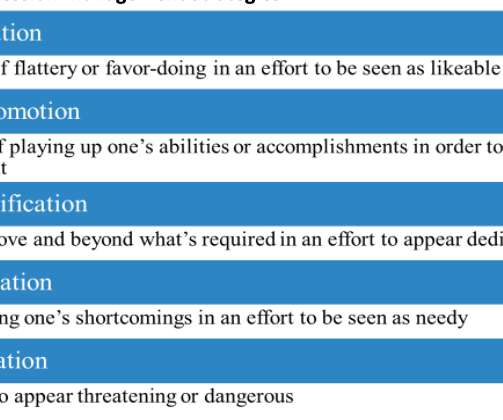Top 4 Tips For Adult Learning Theory You Need To Know
Roundtable Learning
DECEMBER 15, 2020
Andragogy is a learning theory that describes qualities adults prefer in their learning experiences. Instructional designers use these qualities as strategies to develop training programs that resonate with adult learners and drive sustained behavior change. . You may be asking yourself, “How do adults learn best?”.






















Let's personalize your content